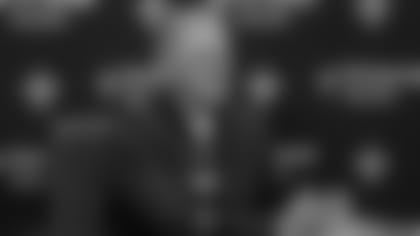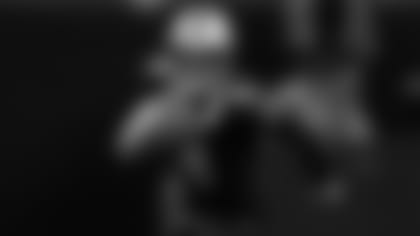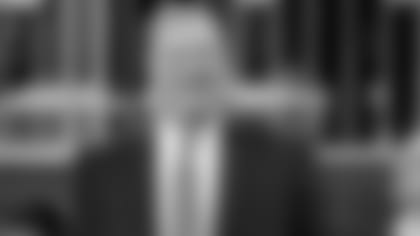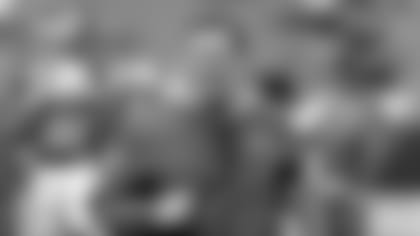Phoenix – New Orleans Saints Coach Sean Payton wouldn't go so far as to call it a "win."
But when NFL owners, executives and coaches emerged from a meeting Tuesday, March 26 in which they voted on expanding instant replay, and Steelers Coach Mike Tomlin gave Payton a firm pat on the backside while saying "S.P!", not much more needed to be said.
By a 31-1 vote, NFL owners at their annual meeting voted to include offensive and defensive pass interference to be reviewable plays by coaches until the last two minutes, and then subject to booth review in the final two minutes.
Now, a flag does not have to be thrown in order for the on-site replay official to halt play and alert the replay center in New York to a play that should have drawn a penalty. Then, the penalty would be assessed.
"I felt like we kind of had to go around the block twice, and then we arrived at the right address," Payton said, smiling. "There's a lot of hours and a lot of time spent by guys on the committee, by the coaches and it's great when you can arrive at what, we think, is a good change."
The change will go down as "Playing Rule Proposal 6c," after the NFL Competition Committee – of which Payton is a member – sought a satisfactory replay expansion not provided by Proposals 6, 6a and 6b. The latter proposal, 6b, created by the Competition Committee on Monday, included allowing coaches to throw challenge flags in the final two minutes.
The final draft allows for maintaining all elements of the current instant replay system, with the addition of OPI and DPI and the allowance of the booth official to call for a review of those plays, even if they aren't called on the field, in the final two minutes.
The expansion would have allowed the replay official in the NFC Championship Game between the Saints and Rams to halt play, and determine that a defensive pass interference penalty could be assessed against the Rams on the no-call that likely prevented the Saints from winning in regulation and advancing to the Super Bowl.
"We went in with the idea that we were absolutely willing to expand," said Rich McKay, chairman of the Competition Committee. "Now the question was going to be, 'How far?" and 'For what?' And the reason that we made the proposals for DPI and OPI was that we had data that said these are our most impactful plays. And that's what replay was designed for."
"We're trying to address the two fouls that most impact games," Payton said. "So forget the end of our (NFC Championship) game; just look at Pittsburgh-New Orleans a few weeks earlier (in the regular season).
"The last three years, coaches are being a little bit more judicious with their challenges. I think that will continue, especially in light of the fact that you now have a more meaningful play you can challenge. South of two minutes, it's in replay's hands but north of two minutes, it's in your hands. And so, I think it won't impact the way we watch a game. I just think there's two more calls that we're going to work to get right. And I think the room felt real good about that."
NFL Commissioner Roger Goodell said he believed that teams voted in favor because of the desire for improvement of the product.
"I personally believe it was the fact that every club in the league wanted to get these plays right, and replay is to get it right," he said. "And ultimately, people compromised on long-held views because they want to get the system right. They want to get the play right."
Payton said he didn't consider it especially rewarding that the Saints spearheaded the replay expansion, though he believed no form of replay expansion would have been considered if the no-call against New Orleans hadn't occurred.
"I think it's going back to football," he said. "Honestly, when you're on this committee, you really try to look more toward the history of the game.
"I think it's more from a, there's like an owe-it-to-the-game responsibility that we have. This isn't going to be perfect always, and we know that. But these are fouls that the analysts are able to point to and say, 'They're the most impactful fouls.' So, I think we got it right."















